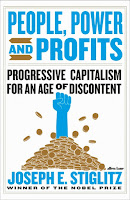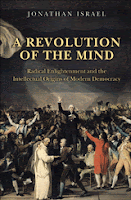Irrationality and cheating in politics: A warning against Trump

(Originally published October 22, 2024) In today’s political landscape, we increasingly see irrationality and cheating being employed as strategies to gain and maintain power. This phenomenon not only undermines the foundations of a healthy democracy but also opens the door for leaders who are willing to sacrifice ethics and integrity for personal gain.








